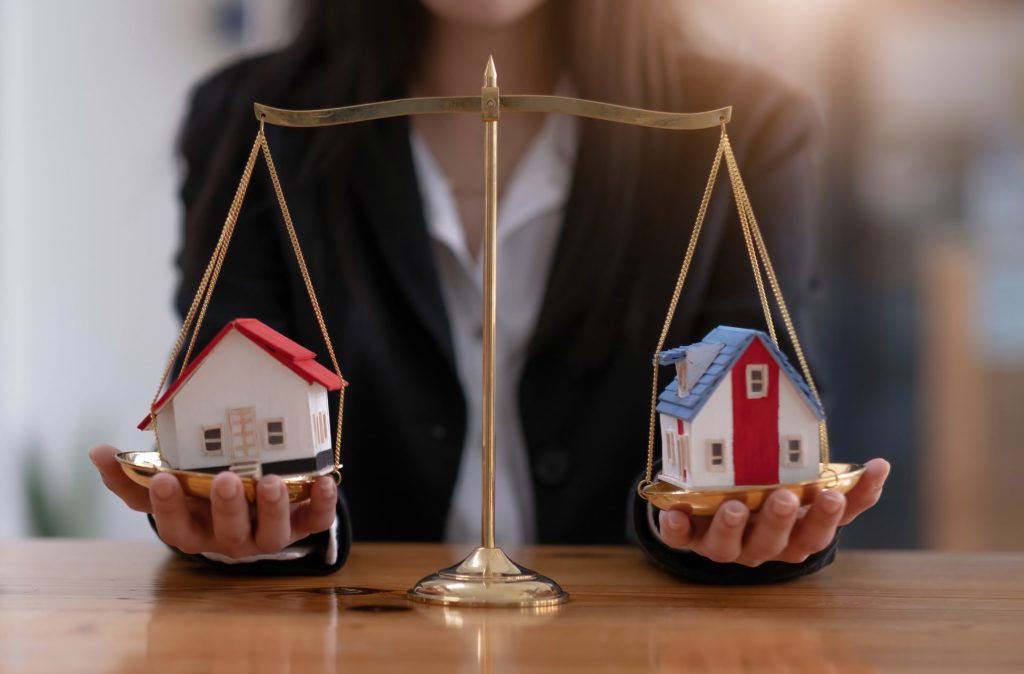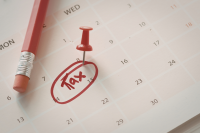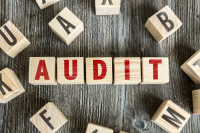Unequal Appraisal: Are You Paying Too Much in Property Taxes?

Here’s what you need to know about how an unequal appraisal affects your property taxes:
- An unequal appraisal occurs when your property is unfairly valued higher than similar properties in the area.
- Data errors, outdated information, and incorrectly chosen comparable properties are all factors that can contribute to an unequal appraisal.
- Look for common signs of unequal appraisal, including rapid value increases and a higher appraisal than similar properties nearby.
- Reach out to the experts at Gill, Denson & Company for assistance in protesting your property taxes and presenting evidence to the county of an unequal appraisal.
What Does an Unequal Appraisal Mean?
“The Texas Constitution (Article 8, Section 1.a) guarantees the right to “equal and uniform” taxation. This means that all properties in a given area should be appraised and taxed fairly. If you’ve ever thought, “Why is my property tax higher than my neighbors,” you may have an unequal appraisal. This occurs when your property is valued higher than comparable properties in your neighborhood or surrounding area. This can lead to significantly higher property taxes. Protesting based on an unequal appraisal can help to lower the amount of property taxes you owe.
How Does An Unequal Appraisal Happen?
Property values for tax purposes are often determined through a mass appraisal process, where similar properties are grouped together and assessed without individual attention to each property. However, this process can sometimes lead to errors or inaccuracies. Some common reasons for an unequal appraisal include but are not limited to, data errors, outdated information, and inaccurate comparable properties that skew the valuation.
Is My Property Overvalued?
If you’re curious if your property has been overvalued for tax purposes, there are signs to look out for.
- Rapid property value increases: If your property’s value has increased significantly faster than similar properties in your area, it could be overvalued.
- Higher tax rate: Compare your tax appraisal to similar properties. A higher appraisal may suggest an unequal appraisal.
To assess whether your property’s features justify its valuation, compare it to recent sales prices and features of similar homes in your neighborhood (based on a median appraisal value). Look for properties with similar characteristics, such as size, age, location, and amenities.
What Can I Do About It?
It’s crucial to address an unequal appraisal as soon as possible to prevent higher tax bills and potential future overvaluations. Even if your property is currently undervalued by a market value approach, you could be unequally appraised versus other similar properties in your area, giving you reason to protest and potentially get a reduction. While you can do this on your own, it can be hard to prove unequal appraisal without the appropriate experience and tools.
The property tax consultants at Gill, Denson & Company can assist you in data collection, analysis, and the protest process overall. The best part is, you only pay if we save you money!
Do you suspect an unequal appraisal for one or more of your properties? Reach out to the experts at Gill, Denson & Company today to protest your residential or commercial property’s taxes!









